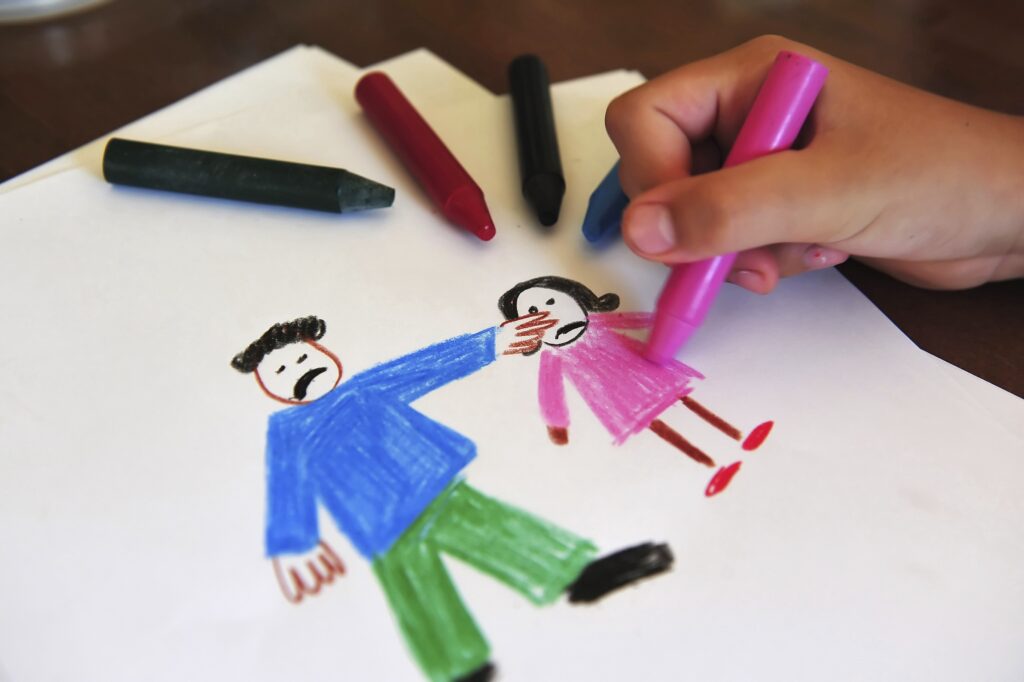HUD should step up and enforce VAWA.
March 24, 2016

On October 8, 2014, Mary Ann Blakemore faced one of the darkest days of her life. Her daughter’s abusive boyfriend was at her home and demanding to be let in. Ms. Blakemore yelled at him to leave and that she was calling the police. The police had brought Ms. Blakemore’s daughter and young children to her doorstep a few days earlier and asked that they stay until the police could arrest the man threatening their lives. Ms. Blakemore did what any mother would do — she took them in. Now she was faced with the crazed man face-to-face. After leaving for a short time, he came back and firebombed the home. Ms. Blakemore suffered burns over 25% of her body, and her infant granddaughter was also severely burned.
A month later, Ms. Blakemore awoke from a medically induced coma and began the slow road to recovery. As one nightmare ended, a new one began. The Housing Authority of Cook County, from which Ms. Blakemore leased a public housing unit, informed her that her unit had been destroyed. She repeatedly requested a new apartment, but they refused. Instead, housing authority officials blamed her for the fire, stating that she should never have allowed her daughter to stay in the first place. Without a place to go and no possessions to her name, Ms. Blakemore had no choice but to stay with relatives who had neither the space nor the means to provide her with a permanent home. Even after she found a legal aid lawyer to assist her, the housing authority dug in, refusing to provide Ms. Blakemore a new unit even though they were legally required to do so.
The housing authority’s actions were not mere oversight or incompetence; they were discriminatory. While Ms. Blakemore was told she had no housing options, the housing authority immediately re-housed her neighbors who were also displaced as a result of the fire. Their belongings were carefully packed and stored at the housing authority’s expense. They were treated like any crime victim should be treated — with dignity and compassion — while Ms. Blakemore was treated like a criminal.
Although Ms. Blakemore’s injuries are unusually egregious, the attitudes of the housing authority officials she dealt with are sadly all too common. In 2005, the Violence Against Women Reauthorization Act (VAWA) became law. For the first time, VAWA made clear that federal housing providers could not deny housing to or evict victims of domestic violence, dating violence, and stalking due to the conduct of perpetrators or their status as survivors. In 2013, VAWA was expanded to cover most federal housing programs, sexual assault survivors, LGBT survivors, and undocumented individuals. The Department of Housing and Urban Development (HUD)’s Office of Fair Housing and Equal Opportunity also issued important guidance describing how discrimination against victims of domestic violence, the vast majority of whom are women, can constitute sex discrimination. Yet nearly a decade later, stories of mistreatment and discrimination against survivors of violence continue to come to light. Some housing authorities and project owners essentially continue to operate in a pre-2005 universe, where victim-blaming is the norm.
When the housing authority would not relent, Mary Ann Blakemore filed a federal lawsuit. She stood up to the housing authority just as she had stood up to her daughter’s abuser. A few weeks ago, she finally secured the justice she had been denied. But for most survivors, litigation is not a realistic option. Survivors escaping abuse struggle to find safety, protect their children, and recover from trauma. Few are able to access free legal services. Holding housing providers accountable should not be another battle that survivors have to fight.
HUD should step up and enforce VAWA. Given that it is charged with administering the bulk of federal housing programs, HUD should audit and monitor housing authorities and project owners to ensure their compliance with VAWA. HUD should create a complaints procedure through which survivors can complain, directly to HUD, about VAWA violations by housing providers. If those providers are found to be out of compliance, HUD should enforce the law, just as it does when housing providers fail to maintain appropriate housing conditions.
Housing providers also need to step back and evaluate their existing policies and practices to determine if they comply with VAWA. Implementing VAWA is as much about attitude as it is about policies on paper. Knee jerk responses like those of Ms. Blakemore’s property managers spring from deep-seated beliefs that victims of violence are themselves responsible for the abuse they suffer. Staff training, collaborations with domestic violence and sexual assault programs, and a willingness by providers to dig deep to remove any bias towards survivors are some important first steps in creating an atmosphere where survivors are protected rather than punished. Only then can Mary Ann Blakemore’s tragic story become a part of our history rather than our future.
Neha Lall, a Senior Attorney at LAF in Chicago, coauthored this blog post.